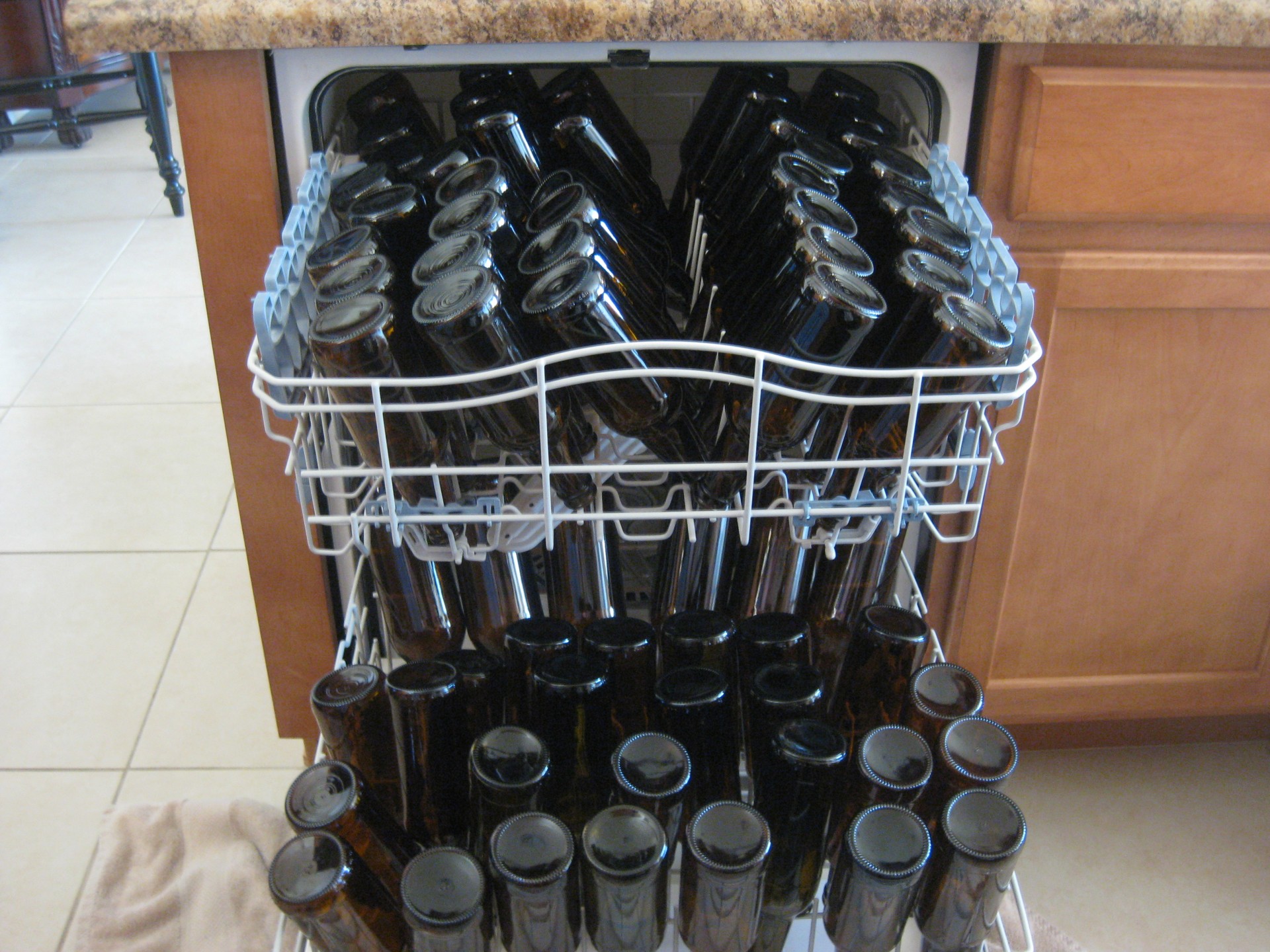Sistermoon
Active Member
- Joined
- Jan 6, 2020
- Messages
- 27
- Reaction score
- 19
Hi everyone, Im sorry if its been asked before.
I just do this so new people would find it easier too, as i was not sure what to search for myself....
SO here is my question...
I tried to make beer with a kit. i did all stuff and for extra alcohol i added some sugar. and my hydrometer reading showed 1.09 ( close to 1100) while it was still hot from the pot...
Now my question is, did i do the right thing? i did some reading online and realized 1.05 is much already...
my fermentation is goign well i guess. I openned up the gallon a couple times to see if theres any procces...
And its still going...
Its been 4 days.
When do i need to measure with Hydrometer again?
So that was 2 question.
1: If 1.09 was ok. and 2: when to measure again.
Thank you so much for replying already x
I just do this so new people would find it easier too, as i was not sure what to search for myself....
SO here is my question...
I tried to make beer with a kit. i did all stuff and for extra alcohol i added some sugar. and my hydrometer reading showed 1.09 ( close to 1100) while it was still hot from the pot...
Now my question is, did i do the right thing? i did some reading online and realized 1.05 is much already...
my fermentation is goign well i guess. I openned up the gallon a couple times to see if theres any procces...
And its still going...
Its been 4 days.
When do i need to measure with Hydrometer again?
So that was 2 question.
1: If 1.09 was ok. and 2: when to measure again.
Thank you so much for replying already x





